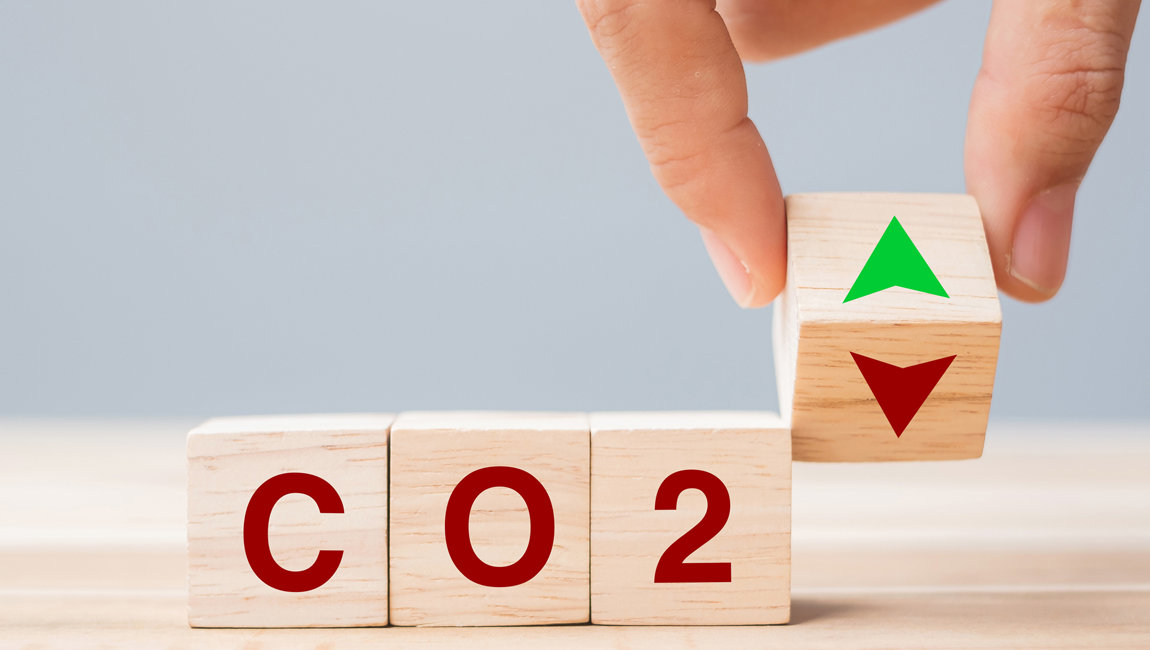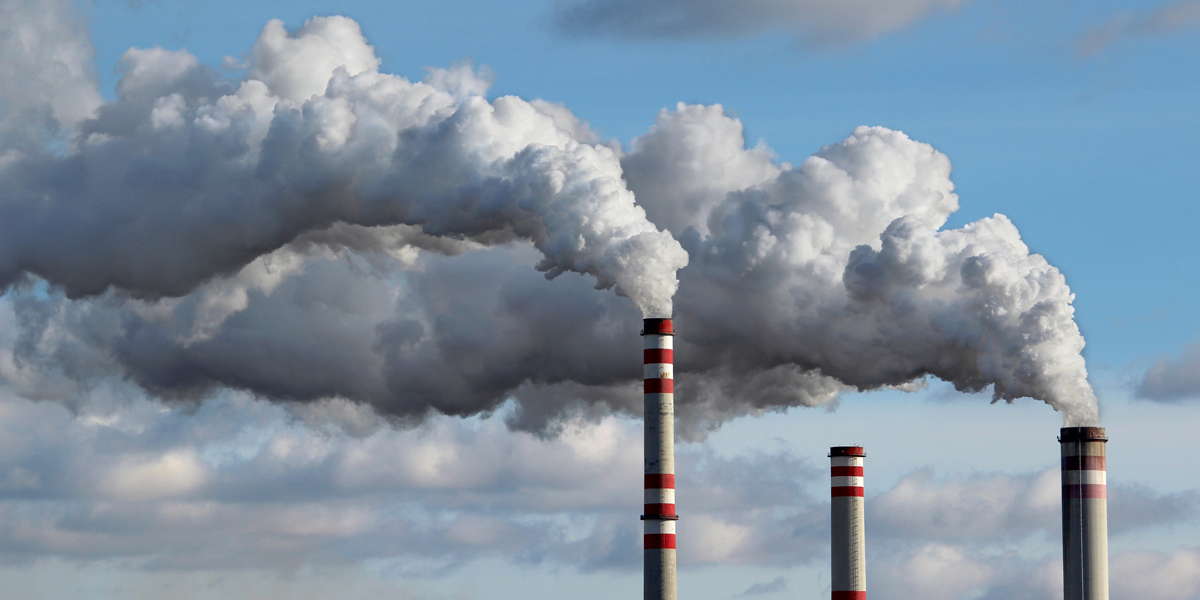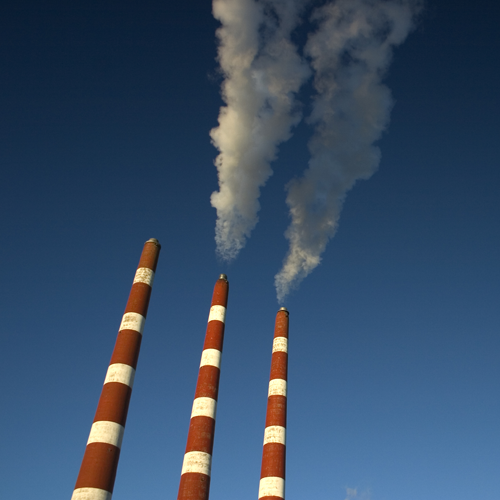Carbon tax: Europe wants new carbon pricing rules

The European Union is taking ambitious action on climate change, but other non-bloc nations and economic powers have been hesitant to embrace the EU’s latest proposal.
In July, the European Commission proposed a Carbon Border Adjustment Mechanism, also referred to as CBAM, part of the European Green Deal. The new measure would require EU businesses to pay a carbon levy on goods imported from outside the Union.
Why does Europe want new carbon pricing rules?
The aim is threefold: first, it’s a step toward the EU’s target of reducing carbon emissions by 55% by 2030, compared to 1990 levels. Second, it’s a purposeful obstacle in the path of “carbon leakage”. According to the European Commission, without a policy like the CBAM in place, EU-based companies could move carbon-heavy production to areas with less stringent standards, and regionally made products risk being ousted by more carbon-intensive imports. And third, it’s a clear effort to keep less climate-ambitious countries that export into the EU market from undermining the EU’s efforts. Such countries may need to reduce their carbon footprints to avoid losing business.
The CBAM system was designed in accordance with World Trade Organization regulations and other obligations of the EU. In practical terms, importers to the EU would purchase carbon certificates that match the carbon price they would have paid if the goods were produced in accordance with EU carbon pricing rules. Once non-EU producers importing into the EU can demonstrate payment for the carbon used in production of the goods in a third country, the carbon cost would be fully deducted for the importer.
The policy would be rolled out starting in 2023 on select products, aiming to engage other key economies in dialogue. The new CBAM system would be fully implemented by 2026.

At a July press conference on the CBAM proposal, Paolo Gentiloni, EU economic commissioner and Italy’s former Prime Minister, said, “Many EU businesses are already subject to the EU’s extremely successful flagship Emissions Trading System. But as long as industrial installations outside the EU are not subject to similarly ambitious measures, these efforts can lose their effect.
That's why we need the new CBAM: an environmental policy tool that will equalize the price of carbon between domestic products and imported goods for certain sectors.”
The CBAM gives countries clear incentive to reduce their carbon footprints, but not all countries are on board with the speed and terms of the change. The United States and China, in particular, have shown reticence to embrace the CBAM. John Kerry, the US Special Presidential Envoy for Climate, has expressed concern about the EU proposal, suggesting that it should only be implemented as a “last resort”.
Still, most proponents of the CBAM agree that an accelerated pace on all climate action is needed. Until net-zero emissions are a global reality, the extreme weather events and crises of the past years are only going to increase in frequency. Some policymakers and public figures hold that there is no time for push-pull dynamics among major powers. As the August report of the United Nations’ Intergovernmental Panel on Climate Change (IPCC) indicated, the planet’s prospects are grim if immediate action is not taken. Unless there are “immediate, rapid, and large-scale reductions” in greenhouse gas emissions, keeping warming to around 1.5 degrees Celsius or even 2 degrees Celsius—“danger zone temperatures at which climate-centered threats to human health food security, water supply, and economic stability—will be impossible.
Still, to bring such major economies on board with the CBAM, the EU will need to dialogue effectively with them. This might be accomplished through better globalizing the discussion. According to MSNBC, one Brussels-based think tank, Bruegel, has suggested that international talks would be better received if held at the World Trade Organization in Geneva. The CBAM would also be phased in gradually, initially applying to goods at a particularly high risk of carbon leakage, which may help persuade skeptics, particularly the U.S. and China, to get on board.





